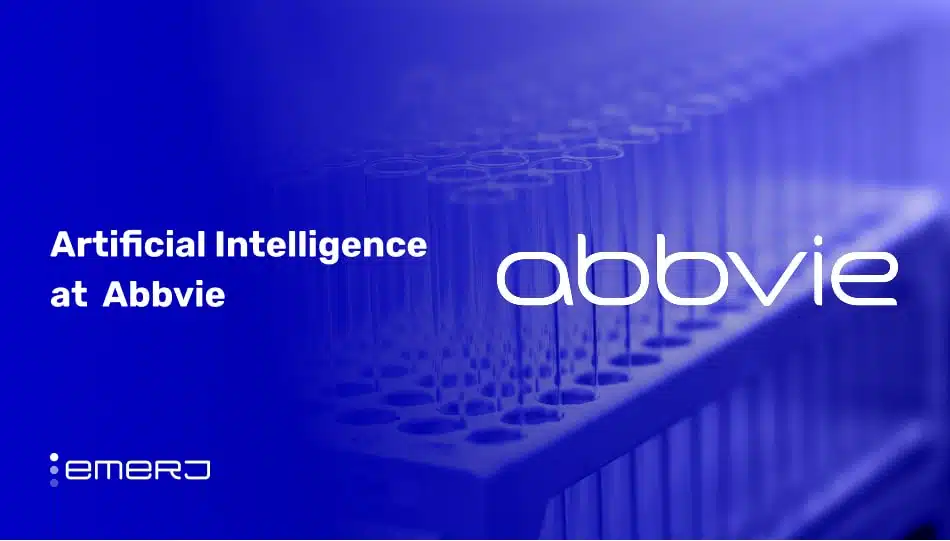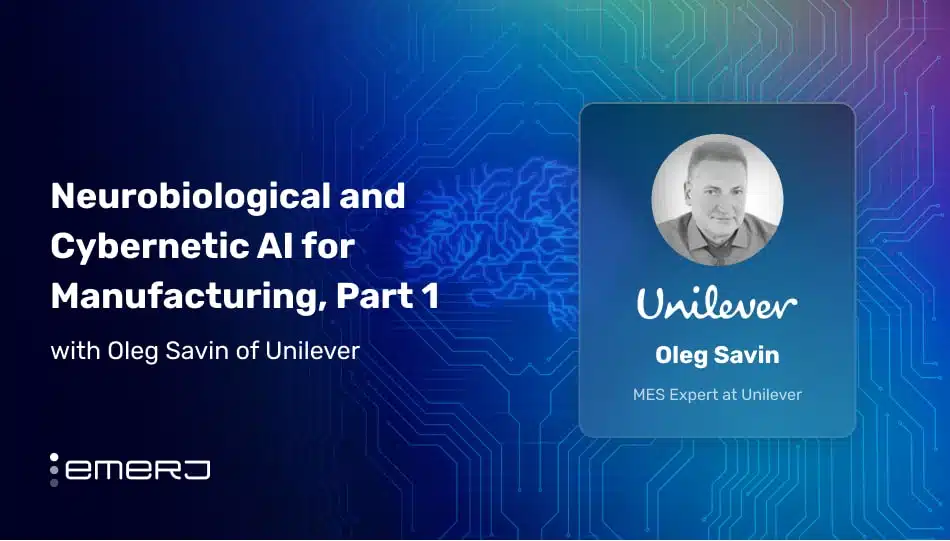At the heart of our present day sharing economy is the often lauded, sometimes corrupted, and occasionally controversial open source model. Though the open source model has its roots in the early days of automobile development, our Internet age has proved an ideal medium for free licensing and distribution.
The world’s biggest names in technology – particularly those in Silicon Valley – have released their artificial intelligence technology via the open source model over the past few months in a domino effect that has made some of the most sophisticated AI programs available to anyone with Internet connection. In huge maneuvers, Google, Facebook, Microsoft, and China’s search engine giant Baidu have taken deep learning even deeper.
In November of last year, Google open sourced the software library for TensorFlow, the tech giant’s perceptual and language comprehension program. Though TensorFlow wasn’t the first open source AI software out there – software such as Torch, Caffe, and Theano – it is widely regarded as some of the most advanced AI algorithms in the world. Thus Google’s move to make TesorFlow open source marked an unparalleled step forward, which its competition couldn’t resist but to follow.
When the company announced its decision last year, Google engineer Jeff Dean told Wired Magazine they’d open TensorFlow in hopes that “…the [AI] community adopts this as a good way of expressing machine learning algorithms of lots of different types, and also contributes to building and improving [TensorFlow] in lots of interested ways.” In other words, Google may have maintained a competitive edge by keeping its code to itself, but they realized they’re software would be even more productive if unaffiliated programmers could toy with it, add to it, and share their developments. This sentiment would be shared by fellow tech giants.
Just one month later, Facebook released the designs of the graphic processing units (GPUs) for its AI algorithm system called Big Sur. Like Google, Facebook saw more value in revealing its secrets than keeping them close to their chest – in fact, Facebook AI Research (FAIR) software was open sourced back in the beginning of 2015. Ars Technica called the hardware release “the start of the deep-learning revolution”. By giving others access to their hardware, Facebook hoped to let improve and refine its engineering and design.
By the end of the second week of the new year, Baidu announced the release of its WARP-CTC C library and optional Torch bindings on GitHub. The available downloads included the Chinese company’s speech recognition software, which last year they showed was so sophisticated, it could rival the ability of its human counterparts in some cases. A video of the company’s facial recognition software – launched last year for Halloween – depicts some of their AI in action.
In the latest release, Microsoft followed suit and released it’s AI toolkit – called CNTK – on GitHub. Like Baidu, Microsoft’s software focuses on deep learning and speech recognition. Like Google, Facebook, and Baidu, the company’s release is seen both as a collaborative effort and one which may prove valuable to their efforts to advance their technology.
At first glance it might seem like releasing trade secrets would undermine these companies’ competitive edges – but these moves are widely regarded as wise ways for the tech giants to round up the collaborative efforts of independent developers. It will be exciting to watch how these open sourced softwares and hardware will be polished for all in the coming year. Stay tuned or even join in to collaborate by following the links above.
Image credit: Wired




















